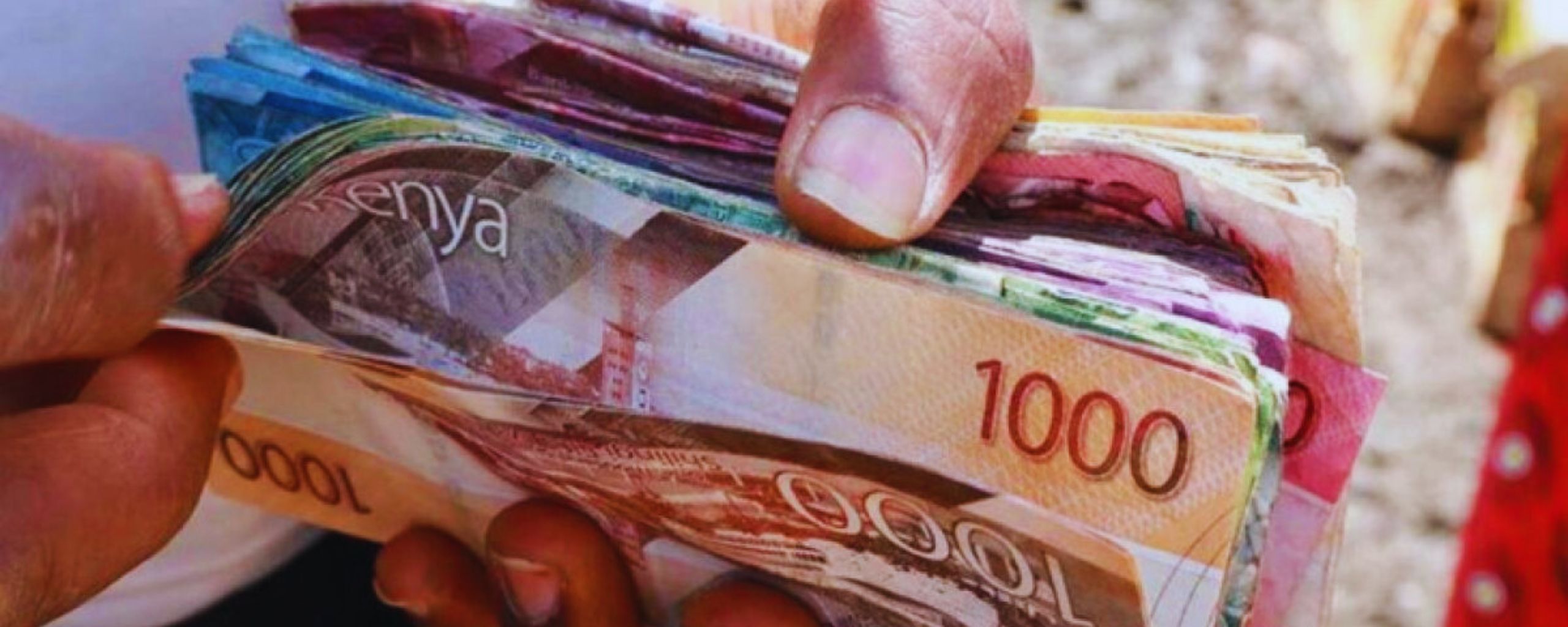Currencies, also known as money or monetary units, are standardised forms of exchange used in economic transactions. They are generally issued and regulated by a country's government or central bank. Currencies serve as a medium of exchange, allowing individuals to buy goods and services, and they also act as a store of value.

In Kenya, the only currency is the Kenyan Shilling (KES). Each currency has its own symbol, code, and subdivisions, and its acceptance and value are generally limited to the issuing country or within specific monetary zones.
Kenyan Currencies typically take the form of banknotes and coins. Coins are available in denominations of 5 cents and 10 cents (copper coins) as well as 50 cents and 1, 5, 10, 20 and 40 shillings (nickel coins) while banknotes range from denominations 50, 100, 200, 500 and 1,000 shillings.
Each denomination represents a specific value. The value of a currency is determined by various factors, including supply and demand, economic conditions, and government policies. Currencies are traded on foreign exchange markets, where their exchange rates fluctuate relative to other currencies.
Kenyan notes
Kenyan shillings
Reasons why you might be interested to find out the currency in Kenya.
There are indeed several reasons why someone might be interested in finding out the currency in Kenya. Here are a few common scenarios:
Travel:
If you are planning to visit Kenya for tourism, business, or any other purpose, knowing the local currency is essential. It helps you understand the cost of goods and services, exchange money, and make informed financial decisions during your stay. One can consider using credit cards, debit cards, mobile payments or even cash.
- Banks, credit unions, and online currency exchange bureaus and converters provide convenient and often inexpensive currency exchange services. Also, your own bank's overseas ATM or a foreign bank's are ways to get local currency with a credit card or ATM card once you have arrived.
Authorised banks are licensed to buy, sell, borrow or lend in foreign currency or transact any other business involving foreign currency. Authorised dealers are also free to facilitate payments between Kenya residents and non-residents and engage in spot money market and derivative foreign exchange deals.
Currency Exchange:

If you are planning to exchange your home currency for Kenyan Shillings (KES), knowing the currency in Kenya is crucial. This knowledge allows you to compare exchange rates, understand the value of your money, and plan your budget accordingly.
- Carrying a valid identification document is important when exchanging currency, and it's essential to inquire about any applicable fees or commissions. While cash is widely accepted, credit and debit cards can also be used in many establishments. Planning ahead, comparing rates, and being cautious of scams are important considerations when engaging in currency exchange in Kenya.
Kenyan Currencies are essential for facilitating trade and commerce within the country and internationally. Kenyan currencies also play a role in monetary policy, as central banks use them to regulate inflation, interest rates, and overall economic stability.
It's important to note that the value and stability of currencies can vary, and exchange rates between different currencies can fluctuate. Governments and central banks play a crucial role in managing their respective currencies to maintain stability and ensure their proper functioning within the economy.
How tourists can use Kenyan currencies through M-pesa
Tourists can use Kenyan currencies through M-Pesa, a popular mobile money service in Kenya. Here's how tourists can utilise M-Pesa to handle Kenyan currencies:
1. Mobile Money Account:
To use M-Pesa, tourists need to create an M-Pesa account. This can be done by visiting an authorised M-Pesa agent or a Safaricom shop. The registration process typically involves providing identification documents and completing the necessary registration requirements.
2. Currency Conversion:
Once the M-Pesa account is set up, tourists can convert their foreign currency into Kenyan Shillings (KES) by visiting authorised currency exchange bureaus, banks, or designated M-Pesa agents. These establishments will facilitate the conversion process based on the prevailing exchange rates.
3. Cash Deposit:
Tourists can deposit cash into their M-Pesa accounts by visiting an authorised M-Pesa agent or a Safaricom shop. The agent will assist in depositing the cash into the M-Pesa account, converting it into digital Kenyan Shillings.
4. Mobile Transactions:
With funds in their M-Pesa account, tourists can use their mobile phones to make various transactions. They can send money to other M-Pesa users, pay for goods and services at participating merchants, and even withdraw cash from authorised M-Pesa agents.
5. International Money Transfer:
M-Pesa also offers international money transfer services, allowing tourists to receive money from abroad directly into their M-Pesa accounts. This is particularly useful for receiving funds from friends, family, or business associates located outside of Kenya.
6. Mobile App or USSD:
M-Pesa can be accessed through a dedicated mobile app or USSD codes on feature phones. These channels enable tourists to perform transactions, check balances, and access other M-Pesa services conveniently.Using M-Pesa provides tourists with a convenient and secure way to handle Kenyan currencies, allowing them to make transactions, pay for goods and services, and access financial services throughout their stay in Kenya.